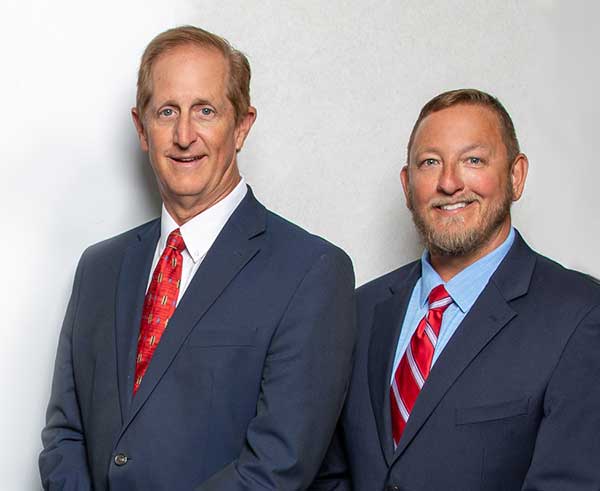Medicaid Planning
It can be overwhelming as you begin thinking about your future as a caregiver and the cost of your loved one’s required care. You may be asking, “What will this cost?” and “Who will pay for it?” You will quickly learn that Medicare coverage does not go very far and will not pay for a number of expenditures, especially for the long-term. You may be worried about your loved one having quality care and not running out of money.
You should begin by reaching out to an experienced Elder Law attorney experienced in Medicaid like the experts at Ruberg Law, PLLC. You need to plan for future care needs and financial requirements to pay for that care. An Elder Law attorney has the necessary skills and contacts required to secure a team, build a strategy, and work with you to qualify for benefits.
Answers to Common Medicaid and Medicare Questions:
Here are some of the most frequent questions that we hear about Medicaid and Medicare. Our knowledgeable attorneys can further explain how these answers may apply to your specific situation.
1. Does Medicare Cover All of our Nursing Home Bills? Unfortunately, no
Many are under the impression that Medicare will cover all expenses for nursing home care. That is not the case. The most Medicare will cover is the first 100 days of a nursing home stay and it will not cover the full amount.
2. When Does Medicaid Come In?
Medicaid benefits are not automatic and only become an option after Medicare benefits are exhausted. In most states, the limit of owned assets can be no more than $2,000, but it gets more complex for married couples. To receive Medicaid, a patient and the patient’s spouse, if married, must first “spend down” their countable assets.
Medicare and Medicaid can be complex and overwhelming. Also, if you don’t know the details and qualifications for each program, you and your loved ones could lose thousands of dollars. Contact an experienced Elder Law attorney to guide you through this process and avoid costly mistakes.
3. What is the Five-Year Lookback Rule?
Medicaid is a benefit based on financial need. Because of this, people may try to spend or transfer their assets (e.g., accounts, real estate, and personal property) to qualify for Medicaid. The five-year lookback rule was instituted to prevent abuse of this system.
When you apply or Medicaid, the government will look at your financial transactions from the previous five years. If the government finds transfers of assets, large gifts to children, or property sold for less than its value, they will impose a penalty. This penalty may also make the applicant ineligible for Medicaid for months, or even for years. Many types of transactions can violate the five-year lookback rule. It is critical that you consult with an Elder Law attorney prior to making any large transfers and especially, before applying for Medicaid.
4. What Can Medicaid Benefits Pay For?
After you qualify, Medicaid benefits can help pay for certain medical expenses such as:
- Doctor and hospital bills
- Nursing home care
- Medicare premiums
- Prescriptions
- Vision and dental care
- Many other items
5. What if My Spouse has been Diagnosed with a Serious Condition?
Along with the devastating news of learning you or a loved one has a serious illness, you may be confronted with your future as a caregiver and the cost of the required care, let alone how you will pay for it. You then learn that Medicare may not pay for the help your family will need, especially for long-term care. You are worried about your loved one and their needs, but you are also worried about running out of money.
Your first step, after learning about the diagnosis, should be to reach out to an experienced Elder Law attorney in your area.
Are you or a loved one struggling with the overwhelming expenses of long-term care? The average cost of care in the greater Cincinnati/Northern Kentucky area is over $10,000 a month. That can easily deplete a family’s savings, leaving them bankrupt.
You will likely be thinking:
- How can I protect my home?
- What do I do to “spend down” or convert my assets without becoming ineligible and getting in trouble with the government?
- Do I apply before or after we start getting care?
- Can I protect my assets in advance, before I become too sick?
These and many other questions can be answered by an Elder Law attorney with Medicaid experience. Do not attempt to “Google” the answers and work through this process on your own. Contact the professionals at Ruberg Law for guidance and assistance.

